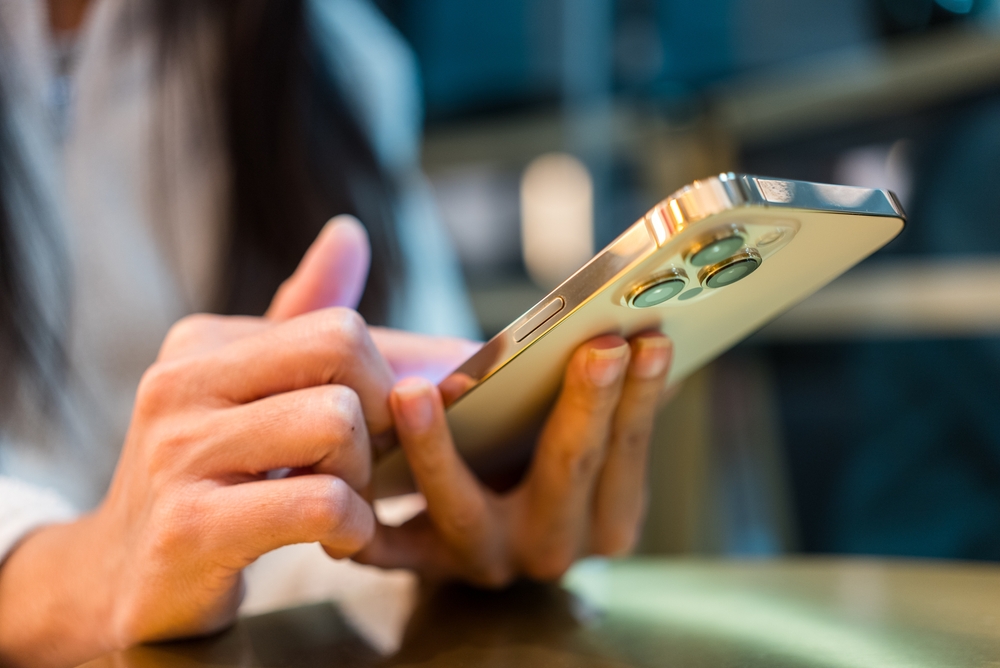
Kansspelcommissie, the Gambling Commission of Belgium, has reported that an increasing number of Belgians are taking “proactive steps” to prevent themselves from gambling disorders.
In 2024, 12,509 new exclusion requests were submitted to the Commission – marking an increase of around 2,500 from the previous year. The rise highlights a growing public recognition of the risks associated with gambling, especially in an increasingly digital environment.
The self-exclusion scheme allows individuals to bar themselves from accessing both physical and online gambling venues. The process can be completed online through the Itsme digital ID app or via a written application. Once registered, users are blocked from entering casinos, slot arcades, and licensed online platforms.
As of July 2025, 61,095 total exclusion requests have been filed. The Commission notes a significant increase since 2021, when the procedure was simplified during the COVID-19 pandemic and supported by a national awareness campaign.
“We streamlined the process and launched outreach efforts to make the tool more visible,” said Stefaan Savenberg, spokesperson for the Gambling Commission. “That led to a notable surge in registrations.”
In addition to the growing use of self-exclusion, the Commission is also tackling the rise of illegal gambling platforms. In early 2024, it launched the AlwaysPlayLegal campaign to help consumers identify licensed operators. The campaign has drawn strong public engagement, and remains a pillar of the Commission’s consumer protection strategy.
Still, the illegal market remains resilient. In just the first three months of 2025, the Commission reported 1,298 misleading advertisements on social media platform’s of Meta. These ads, often designed to mimic legitimate Belgian platforms, were swiftly removed—only to be quickly replaced.
“This remains a major challenge for player protection,” said Savenberg. “We need further action to curb the illegal offering.”
The exclusion tool appears to be working. The Commission estimates 40,000 gambling attempts are blocked each month, with roughly 38,000 happening online. Around 2,000 blocked visits occur at physical gambling venues.
Many individuals reapply for exclusion multiple times throughout the year. The figures represent applications rather than unique users; after a mandatory three-month waiting period, a self-ban can be revoked and later renewed.
The system also allows third parties such as relatives or friends to request exclusion on behalf of someone they believe is at risk. These cases are reviewed individually by the Commission.
The Flemish Expertise Centre for Alcohol and Other Drugs (VAD) welcomed the increasing uptake and accessibility of the system but urged expansion to include gambling machines in local cafés, which are not currently covered.
As gambling moves increasingly online and regulation races to keep up, Belgium’s self-exclusion system offers a model of voluntary consumer protection. But the fight against illegal platforms remains a growing front in the broader effort to keep gambling safe and regulated.